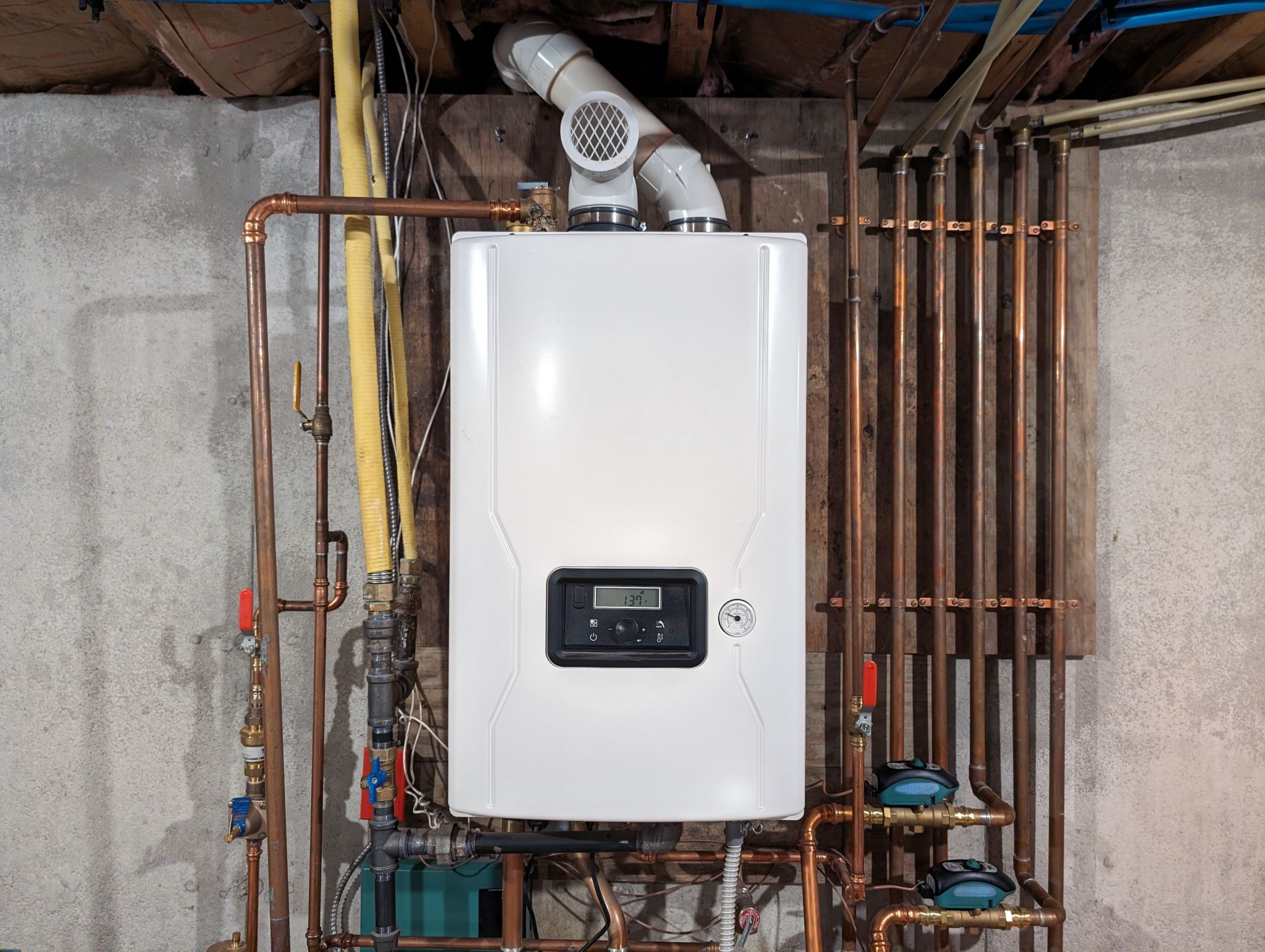Comparing Tankless vs. Traditional Hot Water Systems
Introduction
When it comes to hot water systems, homeowners often find themselves choosing between tankless and traditional options. Understanding the differences between these systems can help you make an informed decision that suits your household's needs. In this post, we'll explore the key features, benefits, and drawbacks of each system.
Understanding Tankless Water Heaters
Tankless water heaters, also known as on-demand water heaters, heat water directly without the use of a storage tank. When a hot water tap is turned on, cold water travels through a pipe into the unit where it is heated by a gas burner or electric element. This means you get a constant supply of hot water.

Benefits of Tankless Systems
One of the primary advantages of tankless water heaters is their energy efficiency. Without the need to maintain a tank of hot water, they can reduce energy consumption, leading to lower utility bills. Additionally, they take up less space, making them ideal for smaller homes.
Drawbacks of Tankless Systems
Despite their benefits, tankless systems can have a higher initial cost for purchase and installation. They may also have limitations on the flow rate, which could be a concern in larger households where multiple taps are used simultaneously.
Exploring Traditional Water Heaters
Traditional water heaters store hot water in a tank, typically ranging from 30 to 50 gallons. They continuously heat water to maintain the desired temperature, ensuring hot water is readily available.

Advantages of Traditional Systems
Traditional systems are generally more affordable to install compared to tankless units. They also provide a steady supply of hot water, making them suitable for households with high hot water demands.
Limitations of Traditional Systems
The main drawback of traditional water heaters is their energy consumption. Constantly heating a tank of water can lead to higher utility bills. Additionally, they require more space and can run out of hot water, especially during peak usage.
Choosing the Right System
When deciding between tankless and traditional systems, consider factors such as your household's hot water usage, budget, and available space. For smaller homes or those with fewer hot water demands, a tankless system may offer the best efficiency. In contrast, larger families might benefit from the consistent supply a traditional tank provides.

Conclusion
Both tankless and traditional hot water systems have their unique advantages and disadvantages. By evaluating your specific needs and priorities, you can choose the system that best fits your lifestyle. Whether you prioritize energy efficiency or a consistent supply, understanding these options will guide you to a more comfortable and cost-effective solution.
